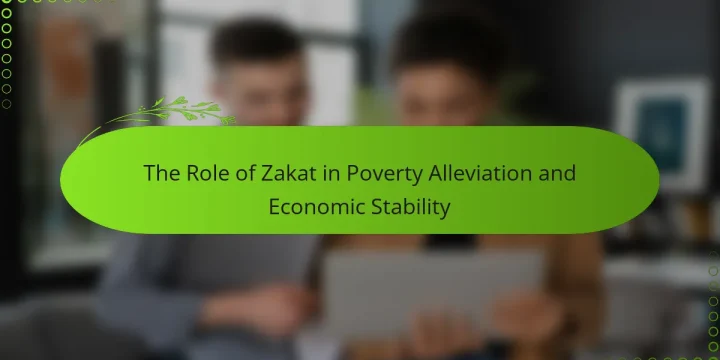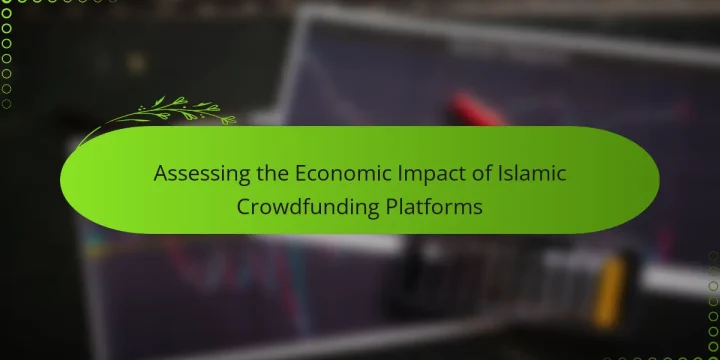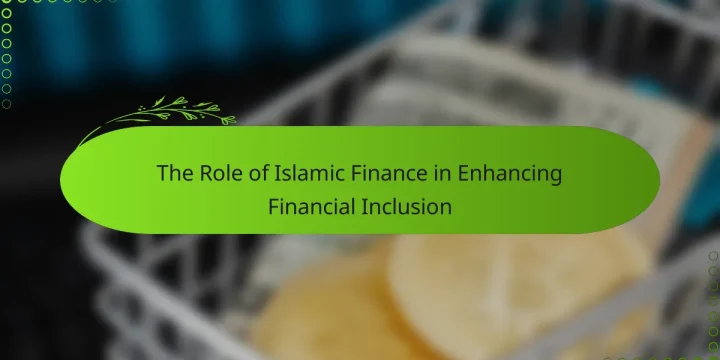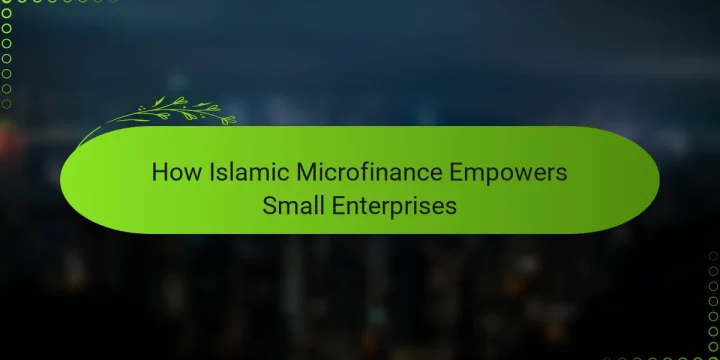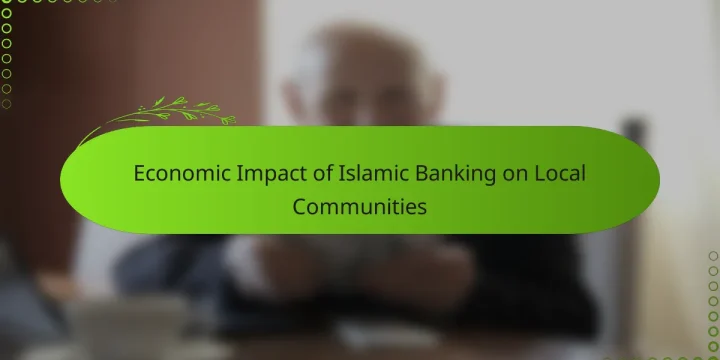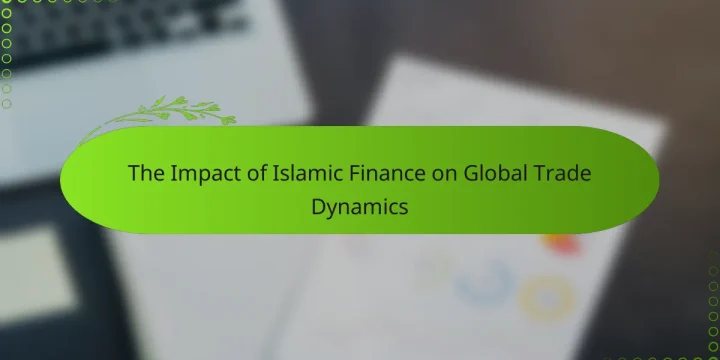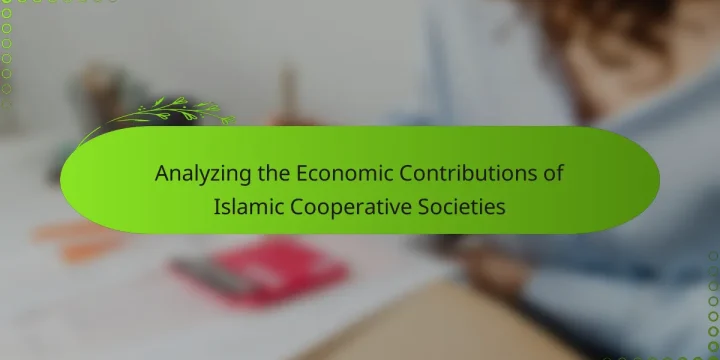
What are Islamic Cooperative Societies? Islamic Cooperative Societies are organizations that operate based on Islamic principles of cooperation and mutual assistance. They aim to provide financial and social services to their members while adhering to Sharia law. These societies focus on collective ownership and democratic management. Members contribute capital and share in the profits and losses according to agreed terms. Islamic Cooperative Societies promote ethical investment and avoid interest-based transactions. They play a significant role in enhancing economic stability within communities. Their activities often include microfinance, savings, and agricultural support. Research shows that these societies contribute to poverty alleviation and empowerment among marginalized groups. How do Islamic Cooperative Societies operate? Islamic Cooperative Societies operate based on principles of mutual assistance and Islamic finance. These societies are formed by individuals pooling…

